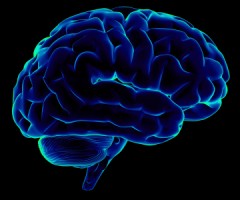Depression has no single cause. Both genetics and the environment play a role, and some children may be more likely to become depressed. Depression in children can be triggered by a medical illness, a stressful situation, or the loss of an important person.Children with behavior problems or anxiety also are more likely to get depressed. Sometimes, it can be hard to identify any triggering event.
Signs that frequently help parents or others know that a child or teen should be evaluated for depression include:
- Feeling or appearing depressed, sad, tearful
- becoming suddenly much more irritable
- Decreased interest in or pleasure from activities, which may lead to withdrawal from friends or after-school activities
- Change in appetite, with associated weight
- Major changes in sleeping patterns, such as sleeping much more or less than normal
- Appearing to be physically sped up or slowed down
- Increase in tiredness and fatigue, or decrease in energy
- Feeling worthless or guilty
- Difficulty thinking or concentrating, which may correlated with worsening school performance
- having a marked deterioration in or home functioning
- reporting persistent physical complaints and/or making many visits to school nurse
- Thoughts or expressions of suicide or self destructive behavior
- abusing substances
Because the child or teen experiencing depression may not show significant behavioral disturbance—that is, the depression may be taking an internal toll without disrupting the family—parents sometimes “hope for the best” or fail to get a child evaluated.






